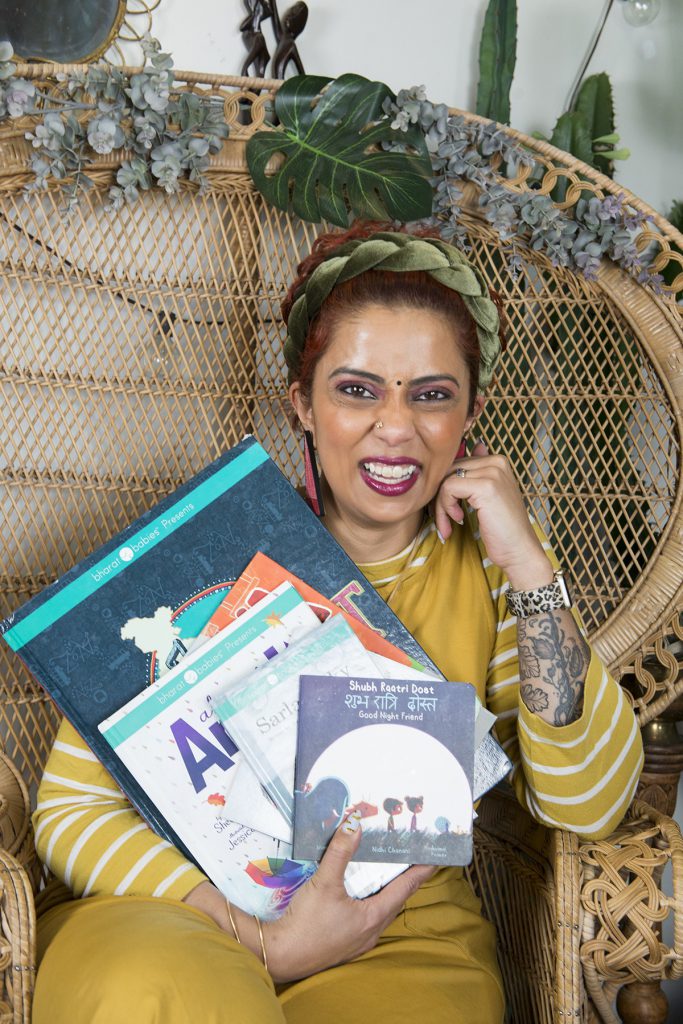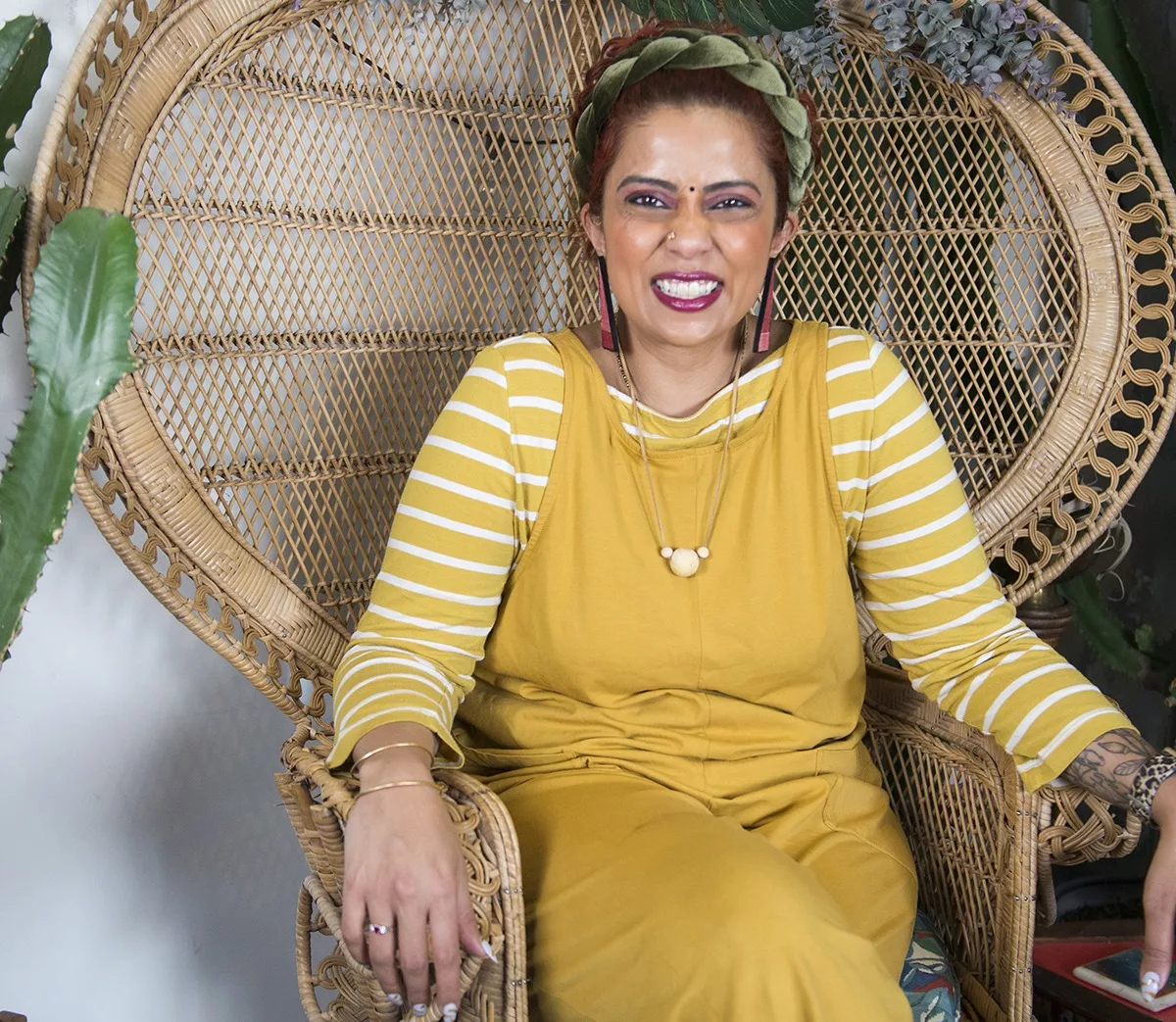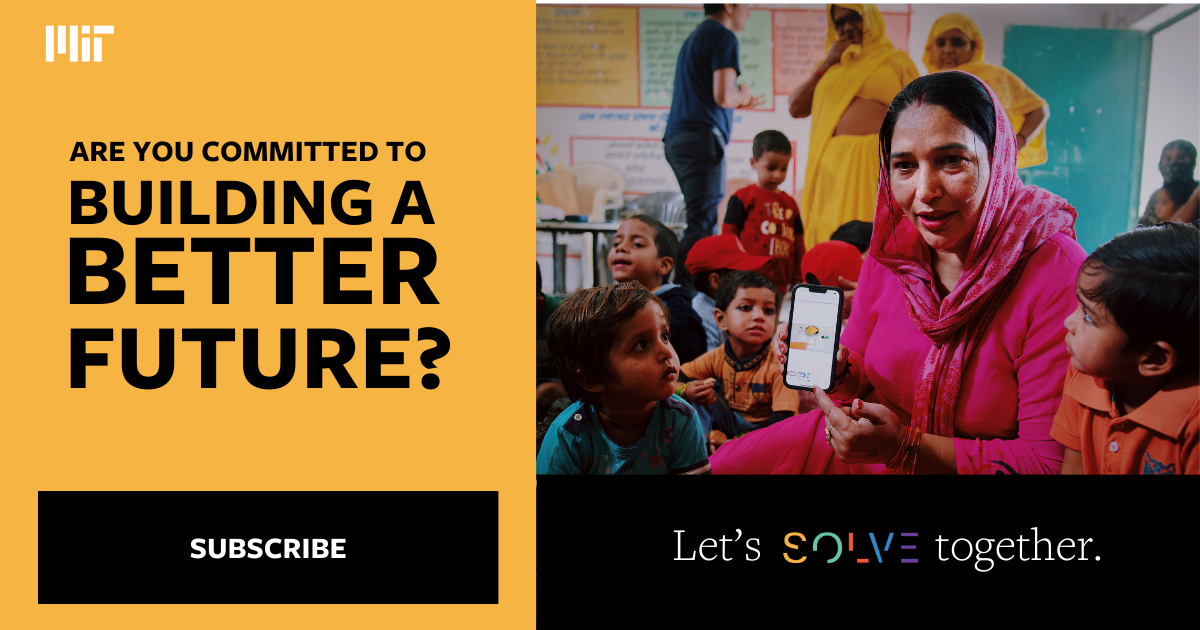This article is part of a series, The Vision of Advocates: Bold Insights From Advancing Racial Equity.
“Another world is not only possible, she is on her way. On a quiet day, I can hear her breathing. ”
— Arundhati Roy
When my daughter Emma was born 18 years ago, everyone I knew bought her a book. There were the standards like “Goodnight Moon” and “The Giving Tree” — books that people we knew had read to their own children. There were books I hadn’t heard of that became instant classics for Emma such as the “If You Give a Mouse a Cookie” series and eventually “Don’t Let the Pigeon Drive the Bus.” We were always on the hunt for books that celebrated diversity. As a single mom who identified as queer, it was already frustrating to me that I hadn’t been able to find a baby book that didn’t ask for information about a mom and a dad, and I was determined to introduce Emma to diverse family styles as early as possible. I purchased every book in the Todd Parr series!
I was diligent about what type of information Emma received via books and other media. She wasn’t allowed to watch or read any of the Disney princesses. After an episode of Brother Bear where Brother Bear said, “You be the teacher, and I’ll be the professor,” to his girl-bear-friend, she wasn’t allowed to watch that show anymore. We watched Dora and discussed people who speak both Spanish and English. Her best friend was Chinese, and they did everything together. In fact, we were lucky to live in a diverse city such as Cambridge, Massachusetts, and be part of a diverse group of friends.
We were often the only White people at their family parties. And one day, when Emma was four, she was bit by a girl in her pre-school. Frustrated with the behavior of this child, on the way home on the T, she told me that she wished everyone was like her. We argued for much of the ride home about how one of our core family values is diversity, and people get to be who they are, not who we think they should be. Considering my own very White and religious childhood, I felt like I was getting an A+ in the “raise a critically thinking and accepting child” category — and maybe I was doing okay.
But what I didn’t have to worry about was whether there were any little girls in her books or on her TV shows that looked like her because they all did. What I didn’t even notice at the time was if they had little girls in them, they almost always looked just like Emma. And there are literally millions of children’s books that have little girls in them that look like Emma. So, I had to worry about one thing: how were these little girls and their lives portrayed? With millions of choices, if they were portrayed in a way that went against our family values, we just got rid of the book. Truly the most difficult thing was the rare occasion when someone gave Emma a book that I didn’t want her to have because of the underlying message.
Just like in every other situation that has to do with race, I am unable to imagine what it would be like to not look around and see people who look like me and my family. That is 100 percent not true for most people. There are five times as many books about trucks and twice as many books about bunnies as there are books about children of color. That’s all children of color. Imagine how much worse the statistics are if you look at specific racial identities or ethnicities. This is in complete conflict with two very important factors in a child’s upbringing: access to print material has an immediate and long-term effect, and children of color who see their own identities expressed in literature have better social-emotional functioning and higher self-esteem.
As a parent, when there are less representations of people who look like your family in the books available for your child, I can imagine it is challenging to choose between those books and books that support the values you want to instill in your child (if those two things are in conflict). Refusing to make that choice when she was pregnant with her oldest child, Sailaja Joshi created Mango & Marigold Press.
 Having been an avid reader her whole life, it only made sense that Joshi would have a library-themed baby shower as a start to passing that on to her child. The problem was that as she started looking around for books that celebrated her South Asian heritage and Indian culture, she found only a few and realized that many of them were inappropriate, or worse, insensitive.
Having been an avid reader her whole life, it only made sense that Joshi would have a library-themed baby shower as a start to passing that on to her child. The problem was that as she started looking around for books that celebrated her South Asian heritage and Indian culture, she found only a few and realized that many of them were inappropriate, or worse, insensitive.
She started Mango and Marigold to change that. To date, they have released 15 books that represent Indian culture, including award-winning titles like “Super Satya Saves the Day“ and “Shubh Raatri Dost/Good Night Friend.” Their most recent book, “Bindiya in India,” tells the story of Bindiya who travels to India for her first Indian wedding. It is available for pre-order now.
It’s not just children of color who need books with children of color in them, either. Exposing all children to books with diverse images of children and diverse stories of culture is a deterrent to prejudice and racial bias. These stories are important for creating a more loving and empathetic society.
Bridging the diversity gap in children’s literature isn’t all they are doing at Mango and Marigold; they are also working to bridge the accessibility gap. With each new book launch, they run a parallel campaign to get 1,001 books sponsored that can be donated to children who don’t have access to their own books. For only $10, you can sponsor a book for a child in need. They hit their target of 1,001 books in five days for their last release, “Daily Ohm.”
See the rest of this series at The Vision of Advocates: Bold Insights From Advancing Racial Equity.






